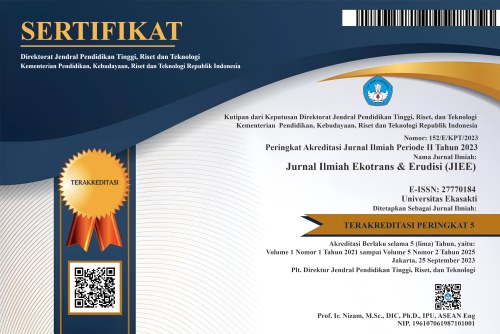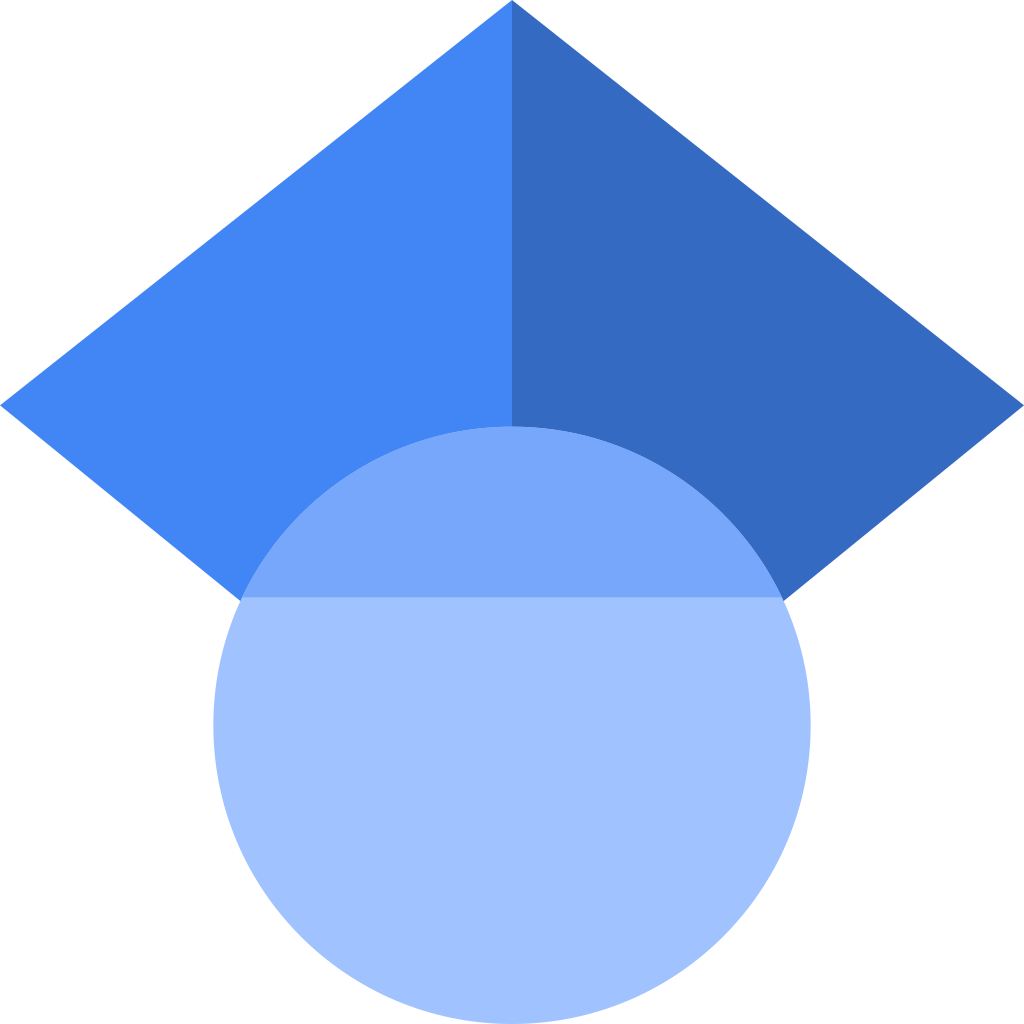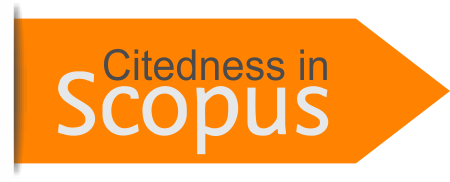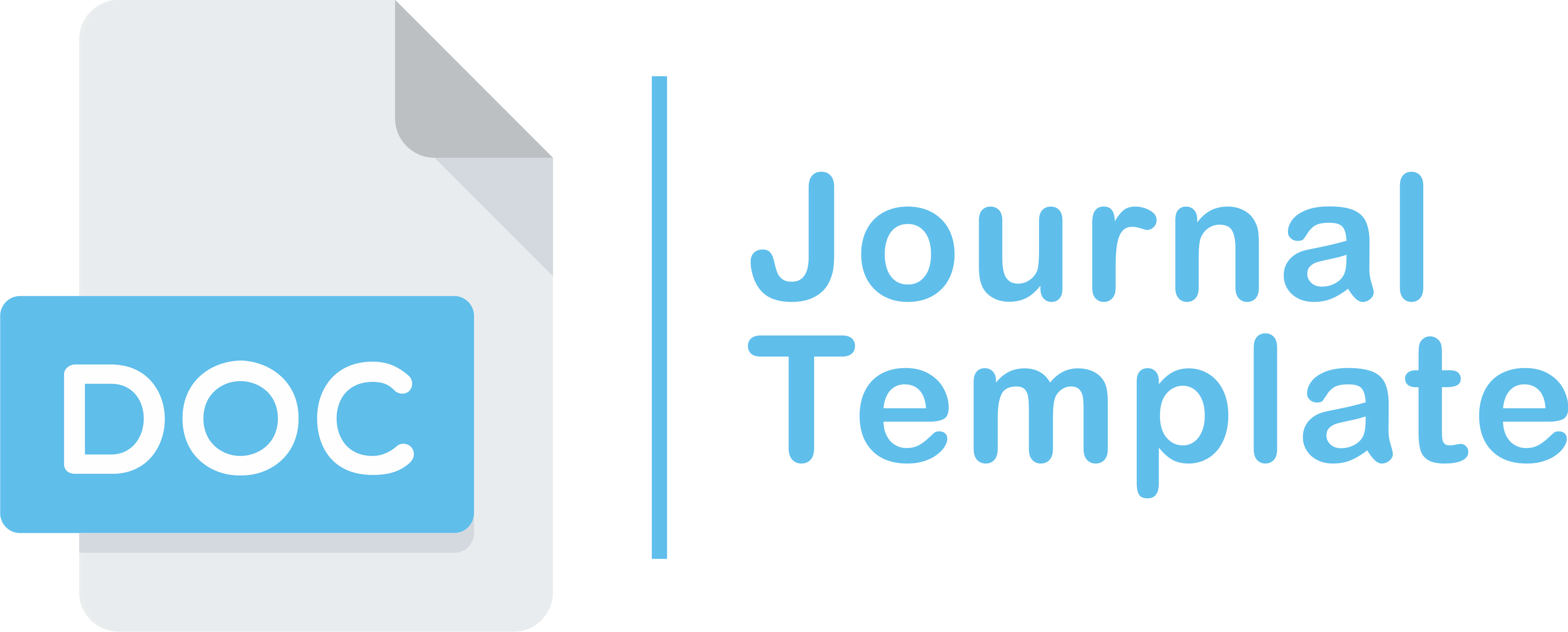Application of Law by Judges to Family Neglect Reviewed from a Criminal Law Perspective
DOI:
https://doi.org/10.69989/x9qmx760Kata Kunci:
Domestic Neglect, Domestic Violence Law, Imprisonment, Judges, Victim Impact, Mitigation StepsAbstrak
Domestic neglect is a serious offense that harms family members who depend on the abuser to meet their basic needs. Law Number 23 of 2004 concerning the Elimination of Domestic Violence (UU PKDRT) regulates this action in Indonesian criminal law. To uphold justice and provide protection to victims, judges must apply the law against perpetrators of domestic neglect. In this article, we focus on the judicial process, the imposition of prison sentences, and the impact of the judge's decision on family neglect from a criminal law perspective. The judge examines evidence and witness statements thoroughly during the trial process to ensure that all elements of the criminal act of neglect are met. The aim of imposing a prison sentence is to punish the perpetrator, protect the victim from threats, and uphold justice. However, imposing a prison sentence can also have negative impacts on victims, including economic, psychological and social pressure. To reduce these negative effects, mitigation measures are needed which include economic assistance, psychological support, child protection, education and public awareness, as well as rehabilitation of perpetrators. To do this, governments, local communities and non-governmental organizations (NGOs) must work together. As a result, judges can take effective legal action against perpetrators of domestic neglect, providing justice, and ensuring that victims are protected and rehabilitated as best as possible.
Unduhan
Referensi
Bermawi, E., Tambunan, B. M., Gunawan, Kartina, E., & Rini, N. S. (2013). Perlindungan hukum dan hak asasi manusia terhadap perempuan korban kekerasan dalam rumah tangga dan upaya pencegahannya. Badan Penelitian dan Pengembangan HAM, Kementerian Hukum dan HAM RI.
Candra, M., Wahyuni, S., & Fauzi, E. (2023). PERTANGGUNGJAWABAN HUKUM TINDAK PIDANA PERSEKUSI TERHADAP WANITA YANG MELAKUKAN PERBUATAN ASUSILA. JUDAKUM: JURNAL DEDIKASI HUKUM, 2(3), 196–208.
Djindang, M. S. (1983). Pengantar Dalam Hukum Indonesia. Jakarta: Sinar Harapan.
Kansil, C. S. T., & Kansil, C. S. T. (2008). Pengantar Ilmu Hukum Dan Tata Hukum Indonesia Jilid I, Jakarta. Balai Pustaka.
Kelsen, H. (2019). Teori hukum murni: Dasar-dasar ilmu hukum normatif. Nusamedia.
Khairullah, K., Elidar, C., & Sahara, S. (2017). Tindak Pidana Penelantaran Dalam Rumah Tangga Di Wilayah Hukum Pengadilan Negeri Kualasimpang. Jurnal Hukum Samudra Keadilan, 12(1), 146–157.
Kusumaatmadja, M. (2000). Pengantar Ilmu Hukum: Suatu Pengenalan Pertama Ruang Lingkup Berlakunya Ilmu Hukum Buku I.
Marpaung, L. (2010). Tindak pidana terhadap kehormatan.
Potabuga, R. (2013). Pidana penjara menurut KUHP. Lex Crimen, 1(4).
Prastyananda, N. (2016). Penelantaran rumah tangga (Kajian hukum dan gender). MUWAZAH: Jurnal Kajian Gender, 8(1).
Prayudi, G. (2008). Berbagai aspek tindak pidana: kekerasan dalam rumah tangga.
Purwati, A. (2020). Metode penelitian hukum teori & praktek. Jakad Media Publishing.
Rahardjo, S. (2010). Teori Hukum Strategi Tertib Manusia Lintas Ruang dan Generasi. Jakarta: Genta Publishing.
Sutrisno, P. E., & Wahyuni, S. (2024). PERLINDUNGAN HUKUM TERHADAP ANAK SEBAGAI TERDAKWA TINDAK PIDANA PENCABULAN OLEH PENGADILAN NEGERI PASAMAN BARAT:(Studi Kasus Putusan Pengadilan Negeri Pasaman Barat Nomor 5/Pid. Sus-Anak/2023/PN. Psb). Jurnal Kritis Studi Hukum, 9(4).
Wahyuni, S., & Yoserwan, Y. (2023). Pertanggungjawaban Pidana terhadap Pencemaran Nama Baik melalui Media Sosial. UNES Law Review, 6(1), 258–265.
Unduhan
Diterbitkan
Terbitan
Bagian
Lisensi
Hak Cipta (c) 2024 Sry Wahyuni, Engrina Fauzi, Fera Fiona (Author)

Artikel ini berlisensiCreative Commons Attribution-ShareAlike 4.0 International License.
Copyright Notice
An author who publishes in the journal "Jurnal Ilmiah Ekotrans & Erudisi" agrees to the following terms:
Author retains the copyright and grants the journal the right of first publication of the work simultaneously licensed under the Creative Commons Attribution-ShareAlike 4.0 License that allows others to share the work with an acknowledgement of the work's authorship and initial publication in this journal
Author is able to enter into separate, additional contractual arrangements for the non-exclusive distribution of the journal's published version of the work (e.g., post it to an institutional repository or publish it in a book) with the acknowledgement of its initial publication in this journal.
Author is permitted and encouraged to post his/her work online (e.g., in institutional repositories or on their website) prior to and during the submission process, as it can lead to productive exchanges, as well as earlier and greater citation of the published work (See The Effect of Open Access).
All materials in this site are protected by the law. It is prohibited to quote a part of or all of this website contents for commercial purposes without the permission or consent of the editors.
If anyone finds one article or more in this journal violate or potentially violate one’s copyrights, please report to us through e-mail of Principle Contact.
Legal-formal aspects of accessing any information and manuscript in this journal website refer to the provision of license Creative Commons Attribution-Share Alike (CC BY-SA). Read more about the Creative Commons Attribution-ShareAlike 4.0 Licence here: https://creativecommons.org/licenses/by-sa/4.0/.
All information available in 'Jurnal Ilmiah Ekotrans & Erudisi' is academic in nature. 'Jurnal Ilmiah Ekotrans & Erudisi' is not responsible for loss due to the abuse of information in the website.
Information
Notice about change in the copyright policy of the journal 'Jurnal Ilmiah Ekotrans & Erudisi' : "From Volume 1, Nomor 1 onwards the copyright of the article published in the journal 'Jurnal Ilmiah Ekotrans & Erudisi' will be retained by the author"
Privacy Statement
The names and email addresses entered in this journal site will be used exclusively for the stated purposes of this journal and will not be made available for any other purpose or to any other party.




























